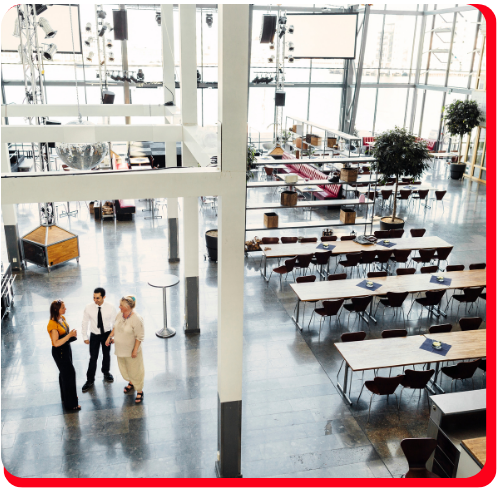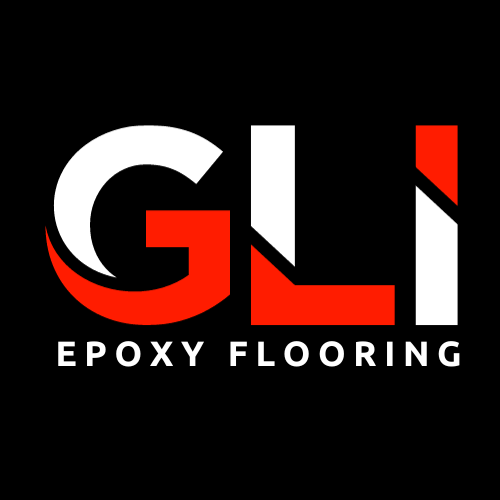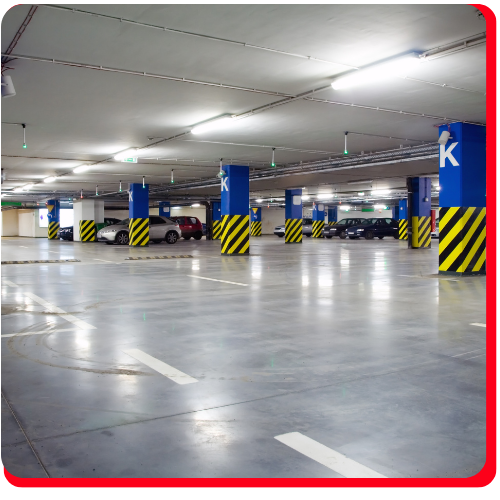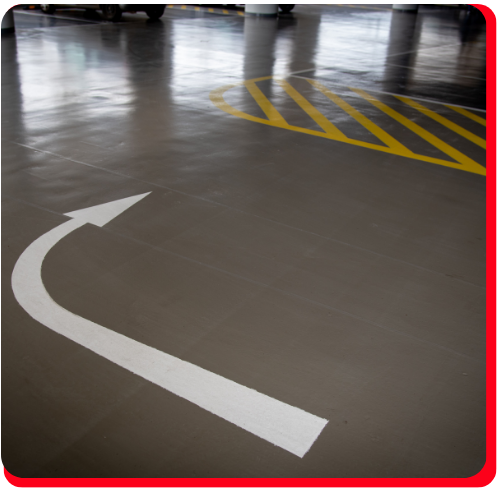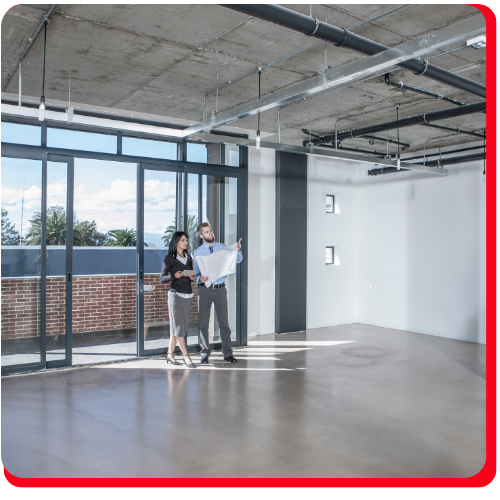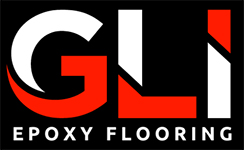Why Choose GLI Epoxy Flooring in Toronto?
✔ Tailored Commercial Solutions: Whether you’re upgrading a warehouse, manufacturing facility, retail space, or auto shop, we create epoxy floors designed to endure high-traffic and heavy-duty use.
✔ Industrial-Grade Products: Our moisture vapour barriers, waterproof membranes, and traffic coatings ensure maximum durability, safety, and style.
✔ Trusted by Contractors & Business Owners: With a $25,000 average value per industrial client, we build long-term relationships based on repeat quality service.
